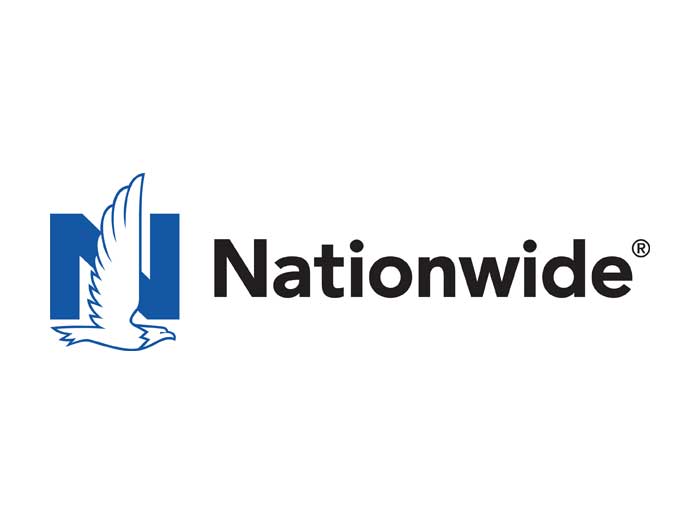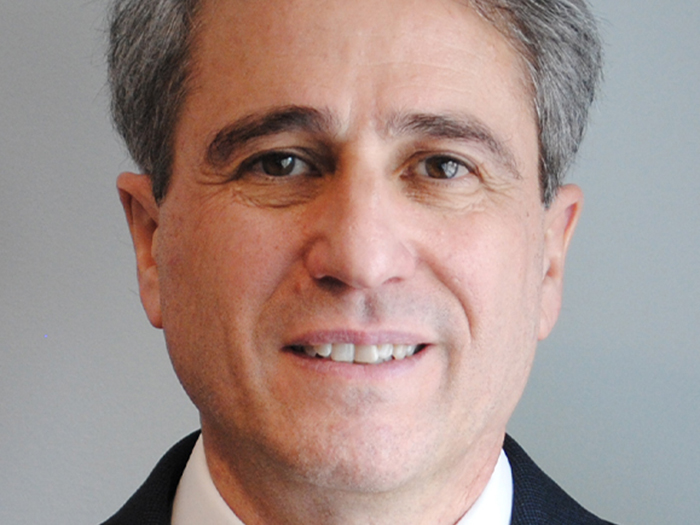Opinion | In the Midst of a Pandemic, Doing Right by Your Employees Is the Least You Can Do
Does your company “Do the right thing?”
Of course, most of us would say yes. But what that right thing is can be hard to define.
The rising popularity of the employee advocacy movement suggests a desire to move in that direction. But our pandemic journey thus far suggests we still have far to go.
I learned a lot about what the “right” thing means in workers’ comp from Susan Emerson, general manager for workers’ compensation, disability and leave programs for Delta Air Lines.
I first spoke with Emerson in 2017, when the company earned a Teddy Award for its exceptional workers’ comp program. That’s when I learned about Delta’s unfaltering commitment to doing the right thing by employees. It underpins everything Delta does, including its workers’ compensation and injury prevention mission.
I spoke with Emerson again just recently, many months into a pandemic that will take an estimated $324 billion bite out of the airline industry. New uncertainties permeate the travel industry, the workers’ comp industry and the economy as a whole.
Delta’s core philosophy has taken on added nuance in our current environment, driving home the point that doing the right thing creates a core of certainty even in chaotic times.
In early March, as Emerson’s team was pivoting into remote work, they talked about the challenges facing their high-risk workforce still on the front lines and how COVID-19 claims would be handled. The “right thing” for Delta’s team, was simple: Validate the exposure, help the employee, handle the claim.
But some of Emerson’s peers outside Delta balked. “There is no way the law says [you have to do] this,” they responded.
Laws change quickly though. COVID-19 presumptive laws have passed in California, Illinois and certain other states in favor of such claims being paid if virus contraction is due to workplace exposure or working closely with the general public.
Some laws are sweeping, some narrow, many are gray or unclear, with case law setting the standard leaving the employer to try and interrupt and sort through what is the right thing to do within the confines of the state rules and regulations that vary between occupational disease and the traveling employee or employees who are at a greater risk that are not necessarily frontline or essential workers.
Delta and other like-minded companies were ahead of the curve, while others were forced to play catch-up and sort out compliance issues.
On one side is a guiding principle of caring for employees. On the other, a guiding principle of reactionary compliance and FOOP … Fear of Over Payment.
Consequences for the party of FOOP are emerging across the country, with a rash of new lawsuits springing up over denied COVID-19 claims, a lose-lose proposition for everyone except the lawyers.
The real rub, said Emerson, is that the majority of COVID-19 claims are inexpensive. “Do you want to pay all these dollars to litigate and lose?” she said. “Or [do] you just want to help the employee get through it and move on?” When you put it that way, it’s not much of a head-scratcher.
Cases are now emerging where secondary issues like blood clots are appearing in COVID-19 survivors. Questions will of course arise around the compensability and defensibility of those claims — some of which could become complex.
These will not be easy to tackle, even for employers who do the right thing.
“Delta does the right thing. I’ve learned to step up and say ‘OK, let’s just hit this head on and figure out how we’re going to do it.’ ”
There’s a lot to be learned about what it means to advocate for employees, to be worker-centric and to put common sense before FOOP. Even now, Emerson said, there are still plenty of people throughout the industry who hold the narrow view that employee advocacy means to pay everything.
Not true, she said. Advocacy or caring for the employee means that the claim is reviewed quickly on the frontend while the employee is routed to the best providers for fast/efficient medical care and treatment as the claim continues to be assessed as a work related injury. During this, the goal should be to make the most informed decision for all parties.
And, of course, in this approach there will be claims that are not work related. When claims are in the gray area, one has to understand what the state legal barriers are and how litigation outcomes have played out in the past for the employer. Afterall, Emerson noted, a denied claim is often not the end but the beginning and tend to cost four times more than the average claim cost.
Now, more than ever, she said, employers need a culture of employee engagement and to define how they want their employees cared for, “not just from a work comp injury, but across everything that happens.” &










